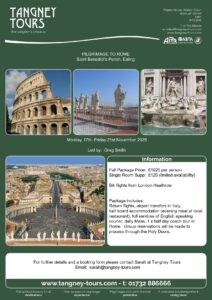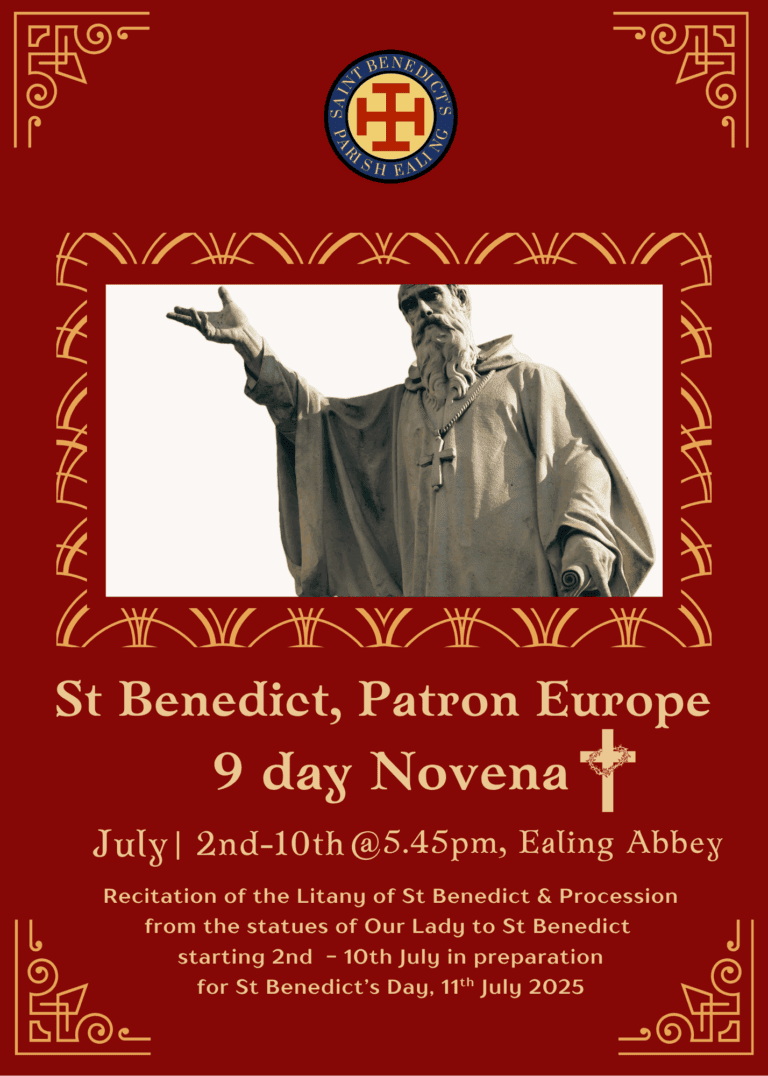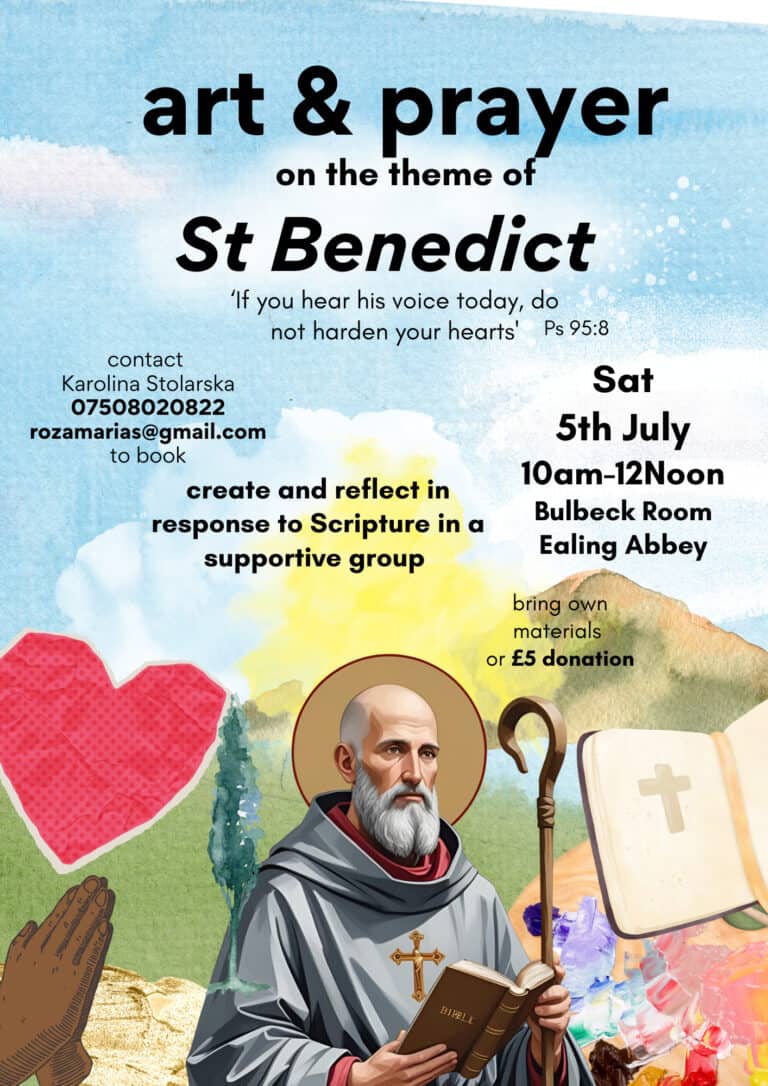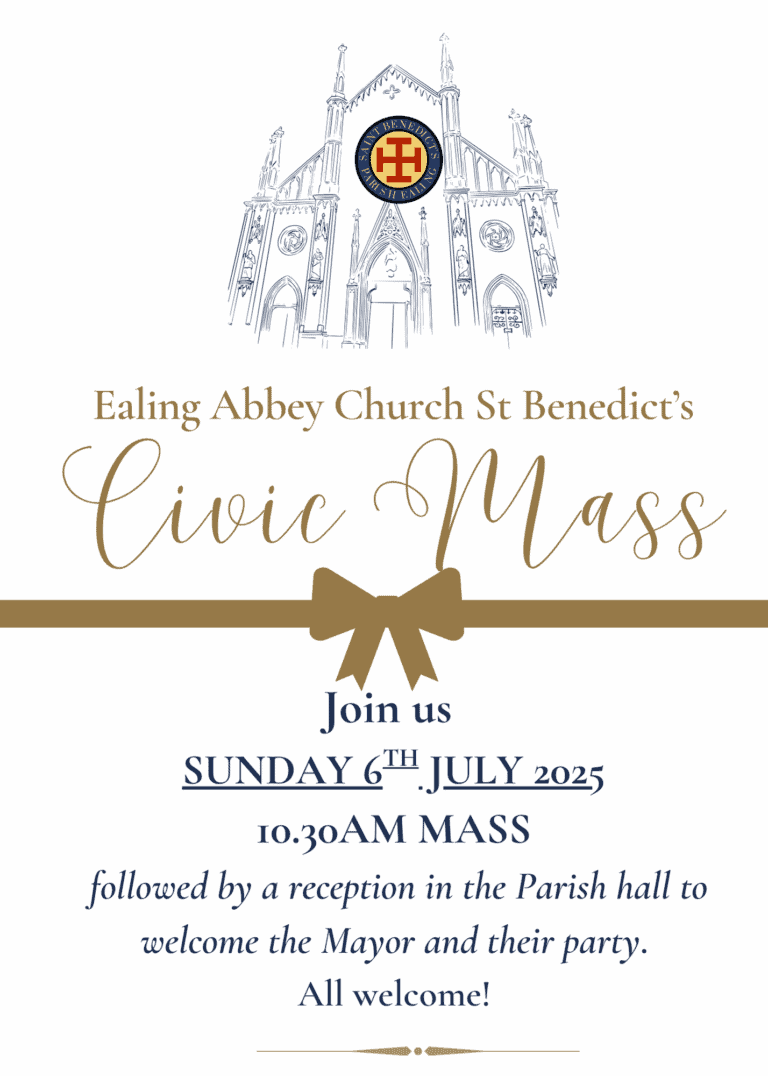Dear Parishioner,
Why you don’t have what you want is because you don’t pray for it; and when you do pray and don’t get it, it is because you have not prayed properly…………
Most of us will know that petitionary prayer – asking God for what we want, either for ourselves or for someone else – is a very difficult topic to get our heads around and here in the second reading, James has his own no-nonsense take on it. But is that all there is to it?
Rabbi Harold Kushner’s remarkable little book ‘When bad things happen to good people’ offers, amongst other things, an instructive insight into petitionary prayer. ‘There are several ways’ he says, ‘in which we can answer the person who asks, “why didn’t I get what I prayed for?” and concludes that most of the answers simply lead to feelings of guilt, anger or hopelessness (you didn’t deserve it, you didn’t pray hard enough, only God knows what is best, someone else’s prayer for the opposite result was more worthy, God only gives us burdens if He knows we have the strength to deal with them, God doesn’t hear prayers, there is no God and so on). Kushner then concludes that if none of these responses is satisfactory, there is one other possibility: ‘We can change our understanding of what it means to pray and what it means for our prayers to be answered.
In The Tablet a fortnight ago Dr Nick Wells a former atheist physicist, BBC researcher and Cambridge graduate set about trying to disprove miracles. The weight of evidence however ‘convinced him that that there was more to human beings than the physical and on his way to Medjugorje with his (Catholic) wife he “reluctantly” admitted that God exists and was subsequently baptised on his return to Britain.
Kusner picks up on miracles and says that when miracles do occur (when e.g people beat the odds against their survival we would be well advised to ‘bow our heads in thanks to the presence of a miracle and not think that our prayers are what did it; nor should we, he says, ask God in prayer to do something which is within our power to do it, in order to save us the bother – a bit like finding a path to world peace or feeding those who starve. So, what can prayer do for us to help us when we hurt? The first thing Kushner argues is that does is put us in touch with other people, people who ‘share the same concerns, values, dreams, and pains that we do.’
He tells the story of a young widow who challenged him about the efficacy of prayer: her husband had just died of cancer, and she prayed for his recovery when terminally ill. Everyone prayed – the extended Jewish family, the Protestant neighbours in their church circle, the Catholic neighbours who sought the intercession of St Jude. Nothing worked and the husband died right on schedule. But he said to her: ‘In your desperation you opened your heart in prayer and what happened? You didn’t get a miracle to avert a tragedy. But you discovered people around you, and God beside you, and strength within you to help you survive the tragedy. I offer that as an example of prayer being answered.’
Peace and blessing
Deacon Alex




